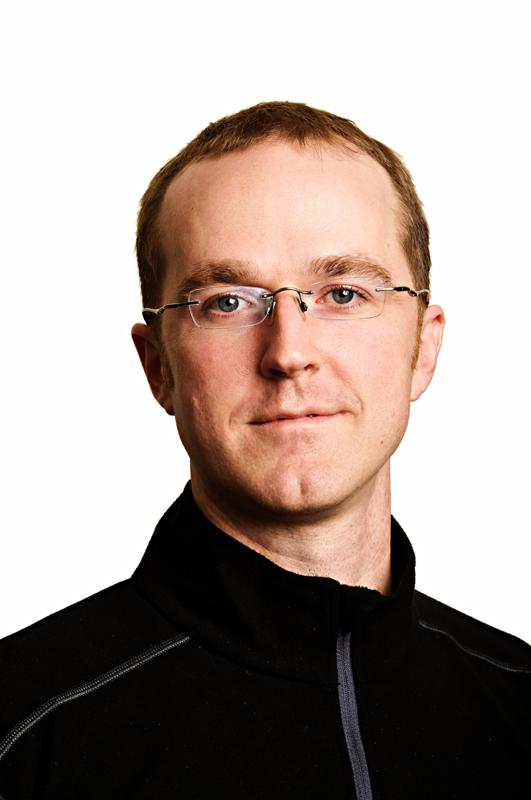
 Mark Frohnmayer has set up a formidable task for himself as a TEDx speaker, he’s going to make math and politics interesting.
Mark Frohnmayer has set up a formidable task for himself as a TEDx speaker, he’s going to make math and politics interesting.
However, he’s more than ready for the challenge.
Frohnmayer is one of the faces of recent petition drives seeking support for equalizing the vote in Oregon through an open primary system. Such a system would lead to voters casting final ballots for one of two favored candidates, regardless of partisan affiliation, in any election.
“The easiest way to transform our elections is to change the primary from a ranking system to a rating system and an open field of candidates with a yes/no option on each one,” Frohnmayer said.
Frohnmayer’s background includes several years coding video games and, more recently, leading the development of electric-based vehicle company Arcimoto in Eugene. He said his passion for democracy comes from watching his father, Dave Frohnmayer, lose a gubernatorial campaign in 1990 when a far-right candidate siphoned off more than 10 percent of the vote.
“I’ve been in this mix of mathematics and computer science and immersed in politics. It drove me to do a lot of thinking about voting equality and the spoiler effect,” he said.
Frohnmayer said equalizing the vote comes down to counteracting two fundamental inequalities. The first is the ranking system we currently use, which limits most elections to two candidates, amounts to one vote divided by the total number of candidates the voter likes. The more candidates one prefers, the more that single vote gets divided. The second inequity relates more to the closed primary system in which any candidate must pass a “purity test” from the party faithful to ascend beyond the opening stages of the race.
“When you add up those two inequalities, the system is heavily biased toward money. Voters become incentivized toward the candidate in the strongest financial position on their side,” he said.
In a primary system with more equity, a ballot would include a list of candidate names with the option to vote “yes” or “no” on each one, he said. The top two would face each other in the run-off during the general election. Frohnmayer said it would be akin to choosing whether to like a post on facebook or not, or deciding what number of stars to give a product on amazon.com.
“Even that very simple ‘like’ is more powerful that our current ranking system because it communicates which choices you approve. Every single rating system affords the chance to cast a balancing rating or vote,” Frohnmayer said. “It removes the limitation of a single choice.”
To find out how to become more involved in changing the process, you’ll have to come listen to his talk on Sept. 16.
Get your tickets at the Historic Elsinore Theatre or online: http://goo.gl/pI3UJ2.
You can view Frohnmeyer’s TEDxConcordia talk on sustainable transportation here.